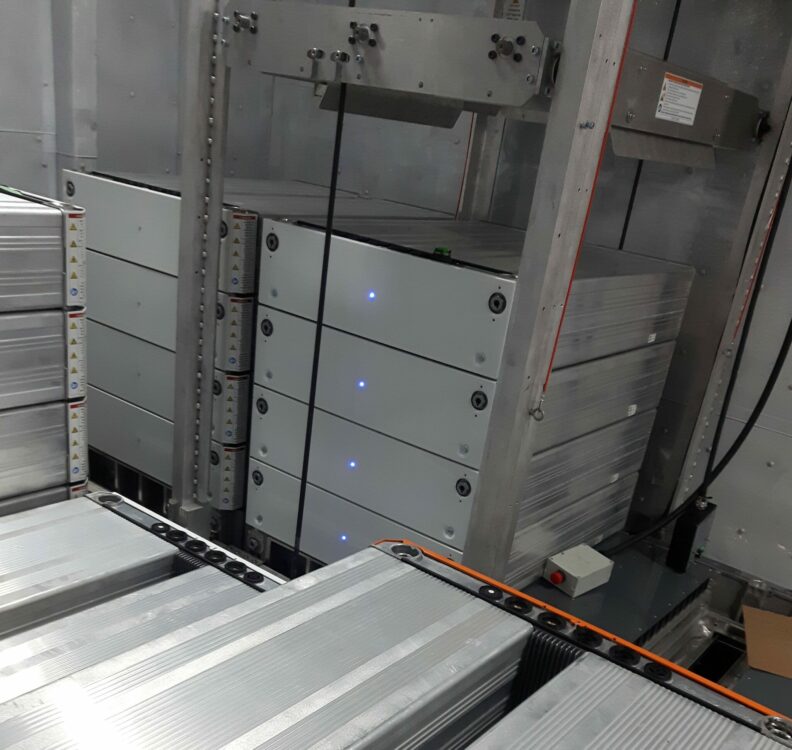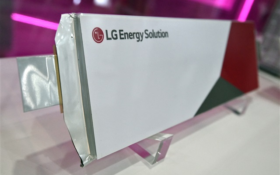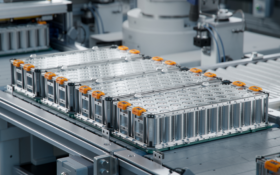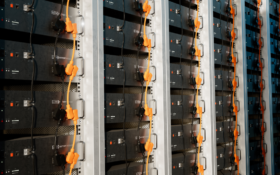Norwegian Corvus Energy said the October sea trial of its new energy storage system – the Corvus Blue Whale ESS – has been successfully completed.
Corvus Energy started to develop an energy storage system (ESS) for maritime applications in 2018.
It focused on cost-effectiveness, scalability and safety, flexibility and sustainability. The first product, the Corvus Blue Whale ESS, completed successful sea trials on board Seaspan Reliant, a drop-trailer cargo ferry owned and operated by Seaspan Ferries (SFC).
Corvus said SFC, Corvus Energy and integrator Elkon did sea trials with the Corvus Blue Whale ESS on 15 and 16 October, resulting in customer acceptance.
Battery room energy density is achieved with numerous design innovations. These include self-supporting modules in rack-free stacks and integrated connections. This allows use in battery rooms with narrow or no service aisles. The system stack height is flexible, which means all available space in the battery room can be utilised.
“SFC has an innate desire to minimise fleet emissions and has successfully integrated Corvus propulsion battery systems onboard four SFC dual-fuel hybrid ferries. The new Corvus Blue Whale ESS system is a natural addition to our fleet and is a remarkable product which is particularly well suited for the Reliant’s existing architecture,” said Harly Penner, General Manager at SFC.
The company operates commercial cargo ferries between Vancouver and Vancouver Island, Canada.
Ahmed Khan, Project Manager at SFC, said during the trials they discharged the battery system to 3% capacity, while still outputting peak power to propel the vessel. “We envisage being able to operate on a single generator and using the battery system to maintain target speeds, which will reduce fuel costs and total engine hours.
“In addition, the 1.8 MWh capacity of the Reliant’s new system affords new modes of operations, such as powering the vessel by battery power only during port cargo exchanges.”
Photo: Corvus Blue Whale ESS












